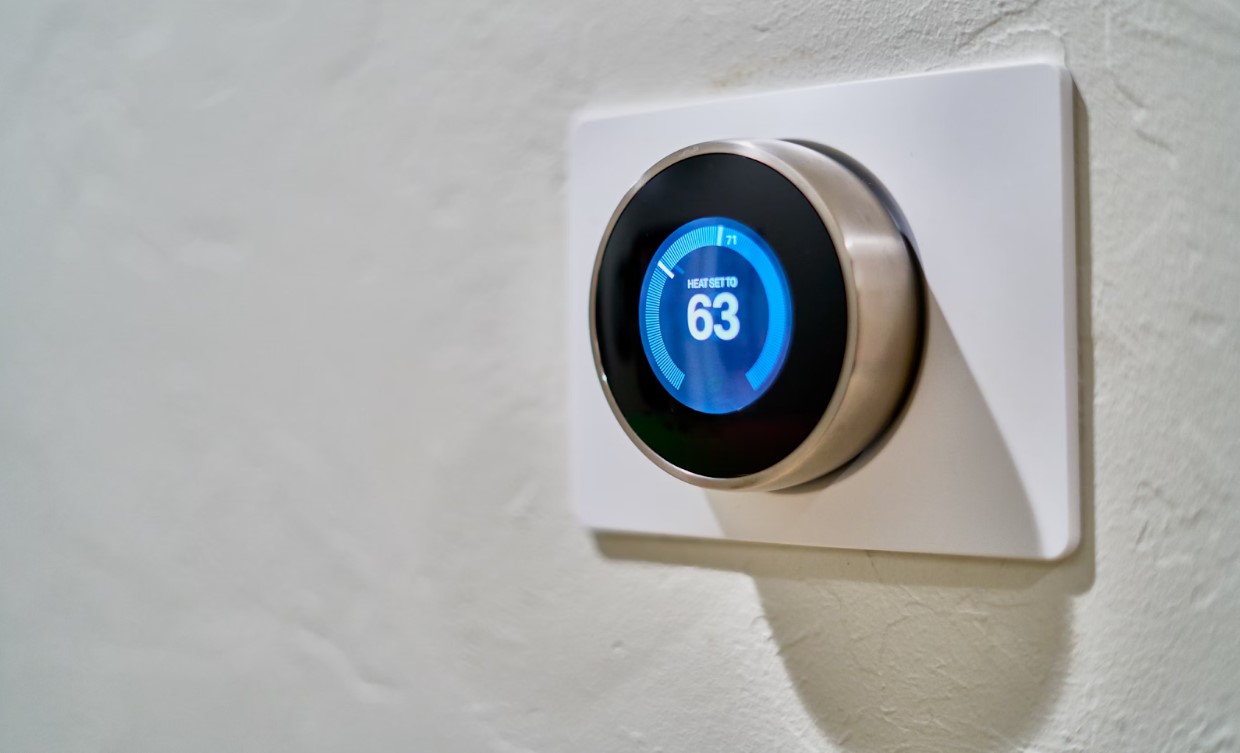Homeownership in the bustling city of Chicago embodies a dream come true for many. Yet, this dream comes with its share of responsibilities, particularly the unforeseen home emergencies that can arise at any moment. Whether it’s the dead of winter or the height of summer, the unpredictable nature of these emergencies necessitates a level of preparedness every homeowner should aspire to. Knowing how to react quickly and efficiently can mean the difference between a slight nuisance and a significant disaster. This article aims to arm you with the knowledge and steps to tackle the top home emergencies, ensuring your home remains the safe space it’s meant to be.
1. Power Outage
Power outages, often caused by severe weather or utility work, can plunge your home into darkness and disrupt your daily routine. Initially, check whether the outage is isolated to your home or is affecting your neighbors, too. This will determine if you need to contact your utility provider or inspect your circuit breaker. During an outage, prioritize safety by using flashlights instead of candles to prevent fire hazards, and keep refrigerator and freezer doors closed to preserve food. Having a battery-powered radio and extra batteries on hand can keep you informed until power is restored.
2. Burst Pipes
Burst pipes are a homeowner’s nightmare, especially in cities like Chicago, where freezing temperatures are common. The immediate action of turning off the main water supply can prevent extensive water damage and potential mold growth. Next, gently thaw any frozen pipes with warm air from a hairdryer to prevent further bursts. Contacting a plumber for emergency repairs is crucial to getting your household back to normalcy. A quick online search for the keyword Chicago plumber near me can help you find professional plumbing services in your area.
3. Water Leak
A water leak can quickly escalate, causing significant damage to your home’s structure and possessions. Upon discovering a leak, your first step should be to identify its source, if possible, and shut off the main water supply to minimize damage. Clear the area of electronics and valuables, and place buckets under leaks to catch dripping water. Temporary fixes can help, but it’s imperative to contact a professional plumber for a permanent repair to avoid future issues.
4. Gas Leak
The danger of a gas leak lies in its potential for explosions and poisoning. If you smell gas (a rotten egg odor), hear hissing, or notice dead vegetation around your gas line, do not hesitate. Evacuate the property immediately without using electronics or anything that could cause a spark. Once at a safe distance, contact emergency services. Gas leaks require urgent attention from professionals to ensure your home’s safety.
5. Blocked Toilet
A blocked toilet is a common but distressing issue. Before panic sets in, attempt to unblock it using a plunger with firm, consistent pressure. If the blockage persists, refrain from flushing to avoid overflow. This might be the time to call in professional help if household remedies fail. It’s important not to ignore or delay addressing a blocked toilet, as it can lead to more severe plumbing issues.
6. Roof Damage
Roof damage, particularly following extreme weather conditions, can expose your home to the elements. Inspect your roof for missing, damaged, or loose shingles and any signs of leaks. Covering any breaches with a waterproof tarp can provide temporary protection against further damage. Consulting with roofing professionals for an assessment and necessary repairs is essential to maintaining your home’s integrity and preventing interior damage from leaks.
7. Heating or Cooling System Failure
A malfunctioning heating or cooling system can quickly turn from a comfort issue to a health hazard, especially during Chicago’s brutal winters or sweltering summers. Regular maintenance checks are your first line of defense in preventing failures. If your system does stop working, check to ensure the thermostat is set correctly and that the circuit breaker hasn’t tripped. If these aren’t the culprits, contact a professional HVAC technician immediately. In the meantime, use alternative sources of heat or cooling, like electric heaters or fans, and dress appropriately to maintain a comfortable body temperature.
8. Electrical Issues
Electrical problems can range from minor annoyances to serious hazards. Common signs include frequent breaker trips, flickering lights, and outlets that don’t work. Addressing these issues promptly is crucial to preventing fires or other dangers. Do not attempt DIY repairs unless you are knowledgeable and equipped to do so safely. Instead, enlist the services of a licensed electrician who can diagnose and resolve the issue correctly and safely.
9. Pest Infestation
The discovery of pests such as rodents, insects, or other critters can be distressing and pose health risks. Early detection is key—look out for droppings, damage to wires or wood, and listen for unusual sounds like scratching in walls. Seal up any entry points and keep your home clean to deter pests. For infestations, professional extermination is the most effective solution, followed by measures to prevent future invasions, ensuring your home remains a safe and healthy environment.
10. Sewer Backup
A sewer backup is not only unpleasant but can also pose serious health risks due to the waste and bacteria involved. Signs include recurrent blockages in drains, unpleasant odors of sewage, and accumulation of water around drains on the basement floor. Cease using water in your home to prevent worsening the backup and contact emergency plumbing services immediately. They can clear the blockage, repair any damage, and ensure your sewer line is functioning properly.
Preparedness is Key
The array of potential home emergencies can seem daunting, yet the key to handling these situations lies in preparedness and knowledge. By understanding the steps to take for each type of emergency, you can act swiftly and decisively to mitigate damage and protect your home and loved ones. Keep a list of emergency contacts, including plumbers, electricians, and HVAC technicians, readily accessible. Regular maintenance and inspections of your home can prevent many emergencies, but when they do occur, knowing how to respond effectively can make all the difference. Armed with this knowledge, you’re well-equipped to face the challenges of homeownership, ensuring that your safe haven remains just that—a place of safety and comfort amidst the uncertainties of life.











